|
The gap between Republicans/Conservatives and Democrats/Liberals on their views to climate change is as wide as ever according to the most recent Pew survey. Over the past three decades, climate change has successfully evolved from being a purely scientific issue to a highly politicized one with its implication unfolding. The polarization of climate change happens to fit into the broad ongoing political polarization dividing the American public. Climate advocates and educators put their hopes into aggressive educational programs and awareness campaigns, which have worked pretty well among Democrats/Liberals who have the predisposition to believe in anthropogenic climate change to begin with. These efforts, however, fail to convey their core messages to the other end of the political/ideological spectrum. My own research has also shown the opposing effects of education among Republicans/Conservatives and Democrats/Liberals.
Reference:
Shao, W., Garand, J.C., Keim, B.D., and Hamilton, L.C. 2016. Science, scientists, and local weather: understanding mass perceptions of global warming. Social Science Quarterly. doi:10.1111/ssqu.12317 Shao, W., Keim, B.D., Garand, J.C., and Hamilton, L.C. 2014, Weather, climate, and the economy: explaining risk perceptions of global warming, 2001-2010. Weather, Climate, and Society, 6 (1), 16. doi:10.1175/WCAS-D-13-00029.1
0 Comments
Leave a Reply. |
|
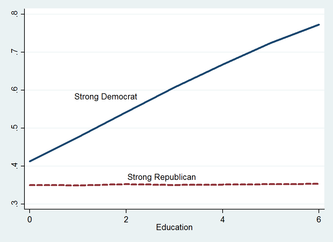
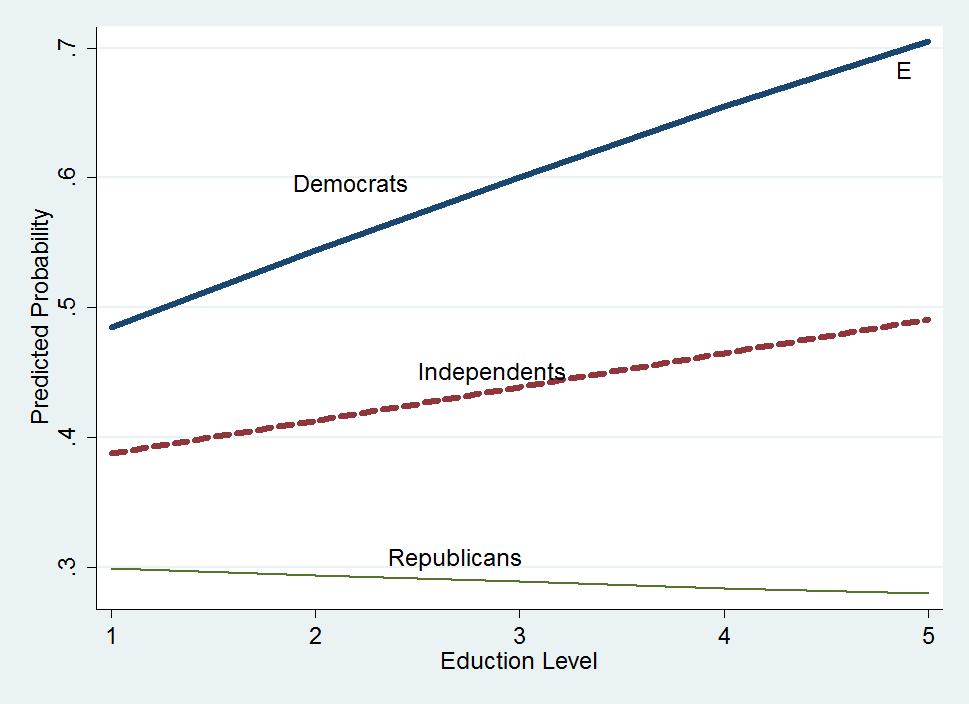
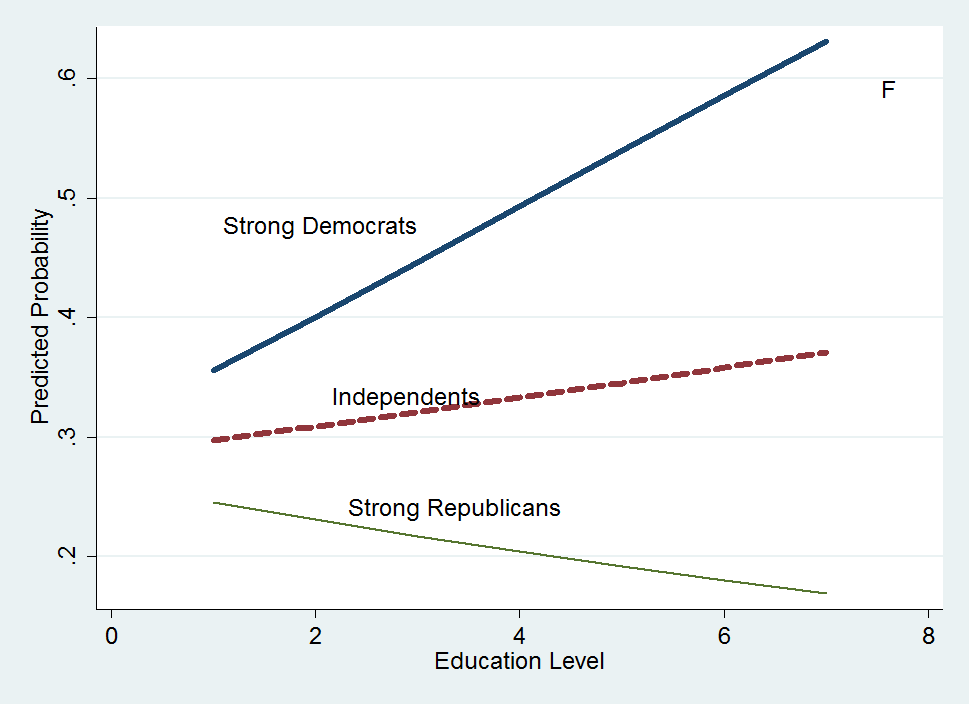
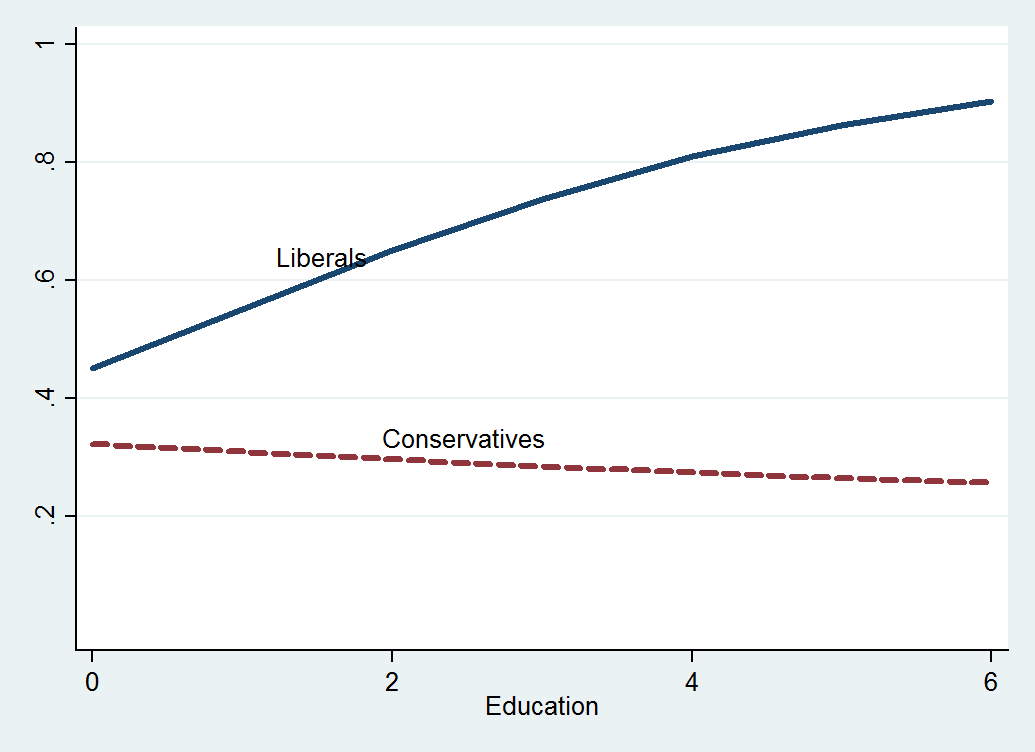
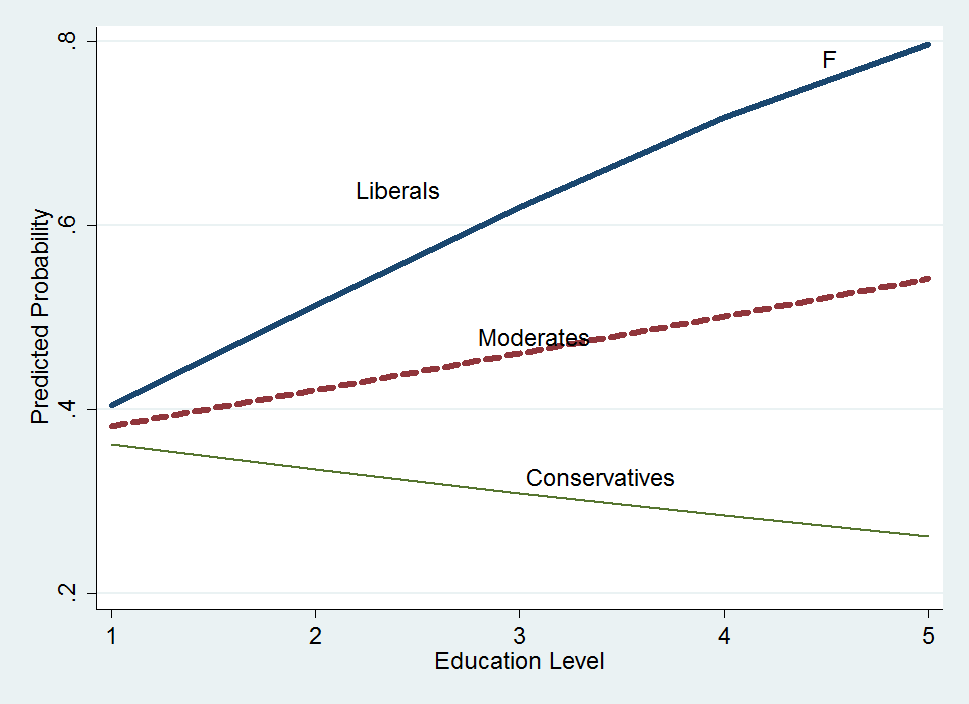
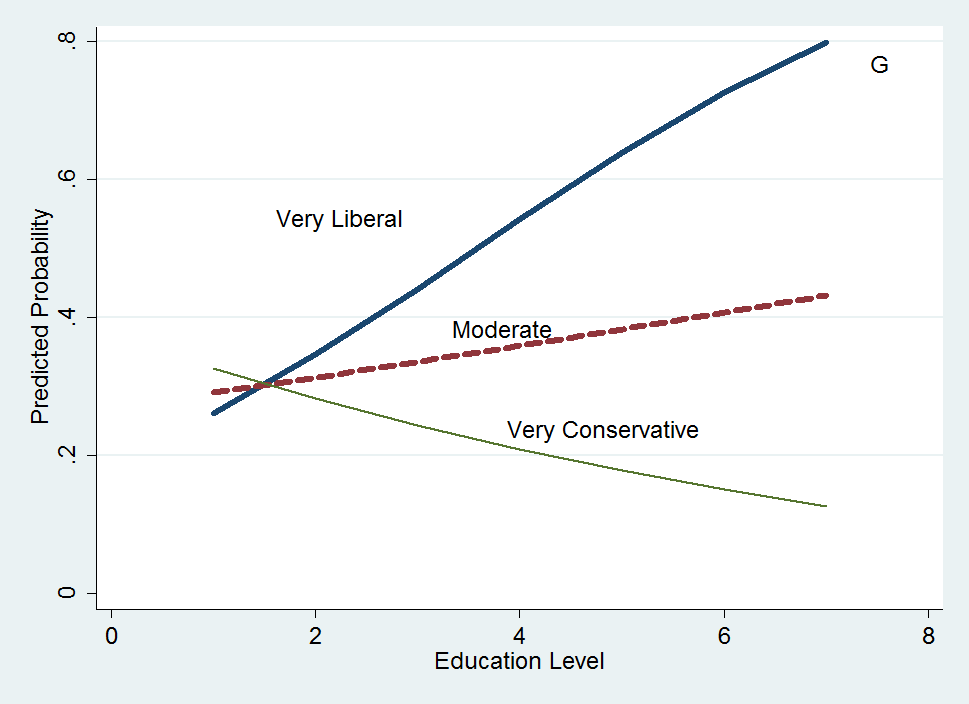
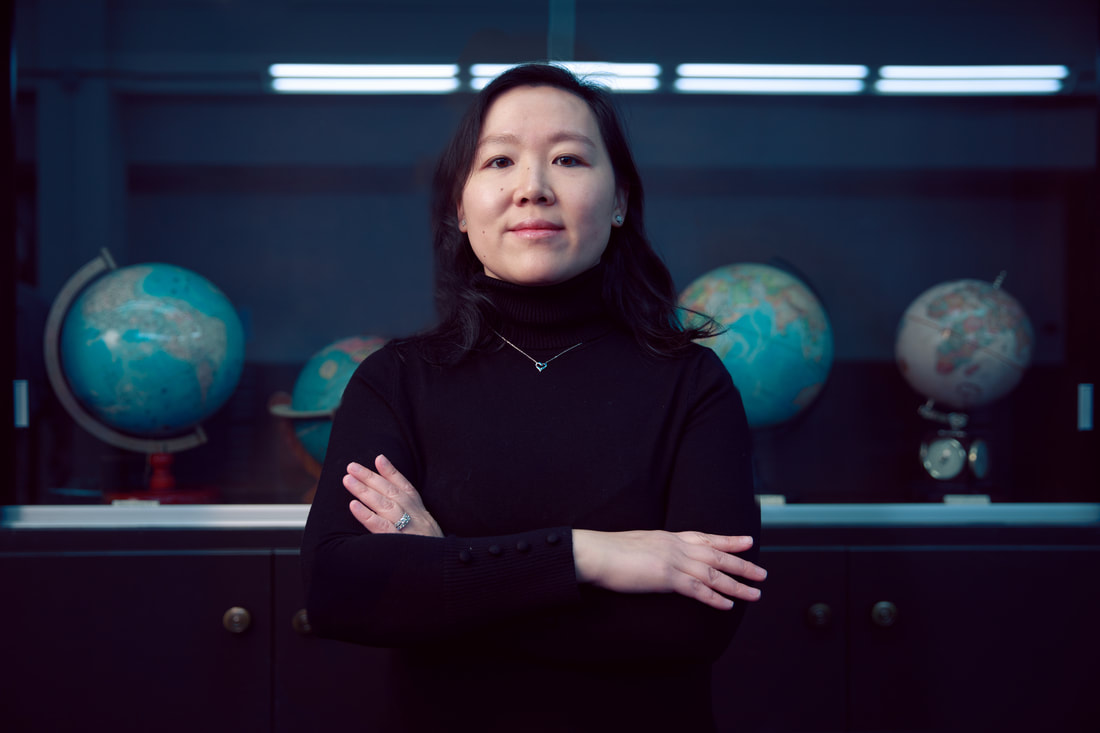

 RSS Feed
RSS Feed